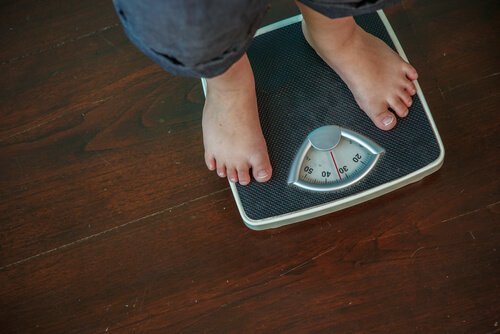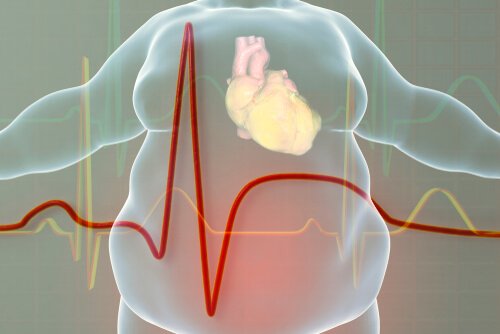Effective Treatment for Obesity

People around the world are struggling to find an effective treatment for obesity, and many fail in their attempt. Why is it so difficult to maintain a healthy weight? Is there something else going on? Many people with obesity fail because they underestimate its seriousness. But there are other reasons why this happens as well.
Treating obesity is one of the most challenging issues in healthcare. Obesity could probably be defined as a chronic illness, which is why we have to treat it just like diabetes and other chronic illnesses. The treatment for it has to be long-term.
Fighting obesity
Thanks to research on the subject, today we know that some people are genetically predisposed to obesity. Their metabolism is less efficient at burning fat and regulating feelings of fullness and satiety.
On the other hand, changing harmful habits implies a fight against important sociocultural influences. We’re bombarded every day with messages that tell us to consume more and move less. Thus, it’s difficult not to absorb that information.

Professionals regularly advise people to control their diet and exercise more. However, in today’s world, we tend to only see advertising encouraging us to eat more unhealthy food. We’re also encouraged to lead a sedentary lifestyle
Here is where the challenge lies for professionals treating obesity. The first challenge is how to change these kinds of innate tendencies. The second is how to make the new habits stick in the long-term. The patient will encounter pretty strong opposition to their new habits, which makes it likely that they’ll go back to their old habits and a less healthy lifestyle.
What is obesity?
The definition of obesity is an excess of body fat. Here are the normal ranges for body fat on a healthy person (Moreno, Monereo, and Alvarez, 2000):
- Women: Between 20% and 25% body fat.
- Men: Between 15% and 18% body fat.
Anything above those percentages is considered “overweight.” Likewise, anything above the following numbers is considered “obesity.”
- Women: More than 32% body fat.
- Men: More than 25% body fat.
What kind of treatment for obesity is effective?
In the past, neither society nor most obese people believed that obesity was a problem. What’s more, obesity was the exception when food was often hard to come by. Being obese meant wealth and opulence, values that were considered socially desirable.
Nevertheless, obesity is now one of the leading health problems in Western countries (WHO, 2010). Not only that, but experts found that obese people are more likely to have health problems. These discoveries turned obesity into a phenomenon that needs to be “solved.”
After decades of treating obesity, health professionals have established some basic areas of intervention from a cognitive-behavioral standpoint.

The primary areas of psychological intervention in obesity are the following (Foster, Makris, and Bailer, 2005):
- Promotion of self-control using food diaries and tracking physical activity.
- Stimulus control through identification of signals associated with eating.
- Nutrition education.
- Changes in eating habits.
- Increased physical activity.
- The use of cognitive restructuring techniques and problem-solving.
As you can see, they don’t include intervention for associated disorders and risks (such as depression). This only happens when those symptoms are present, and the healthcare professional will use techniques that have proven effective for that particular disorder.
Changing your habits
From a cognitive-behavioral standpoint, we believe that bad habits are to blame for obesity. Consequently, the key to treating obesity is to re-educate people to change those habits.
In terms of exercise, there are some studies that argue for a somewhat counterintuitive approach. They say that increasing exercise, at least at first, isn’t the best idea. That’s because it has a low overall effect on the number of calories you’ll burn. Nevertheless, exercise is really important to maintain a healthy weight once you lose the initial weight.
As you can see, any effective treatment for obesity will include changing your bad habits. These habits can be difficult to change, but there are many healthcare providers who can help you achieve your goal.
This text is provided for informational purposes only and does not replace consultation with a professional. If in doubt, consult your specialist.








